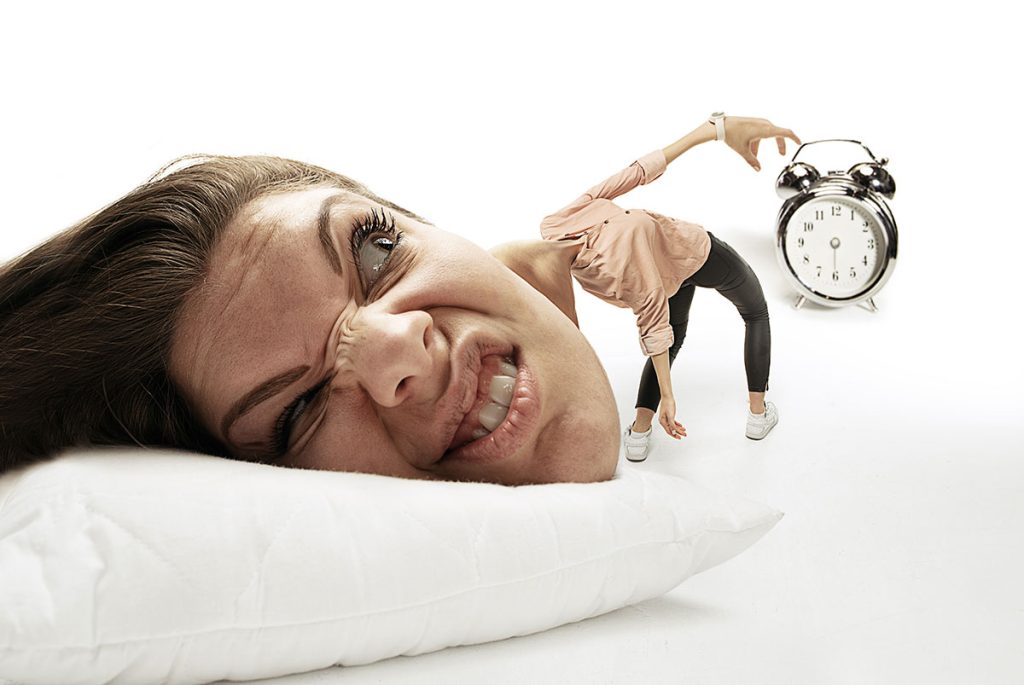
What do you mean the body has a clock that makes you tick?
The fact that your brain has a clock might surprise you and your body keeps track of time by utilising this clock. It is human nature to sleep at night and stay up during the day and this isn’t due to habit or convenience, but rather due to human nature.
It’s our body clock that dictates our behaviour. Even when we lose track of time, or possibly don’t know what time it is, we still do things in cycles of about 24 hours as it’s in our makeup. We sleep for a portion of every 24 hours and our body temperature rises and falls in roughly 24-hour cycles too. Hormones and the rest of our body’s systems also follow this cycle on a daily basis and actually a similar pattern can be found in almost every living thing on earth.
Living things have an internal clock that controls when they do things and these life rhythms are called circadian rhythms. We rely on this constant ticking of our internal clocks and it’s critical that it ticks all the time for our health and wellbeing. This is what’s called being synchronized.
So where actually is the clock?
It has long been understood that our daily rhythms are determined by some type of body clock but it wasn’t until the middle of the 20th century that scientists figured out exactly where this really was. It was discovered after doing exploratory surgery on hamsters. Researchers removed a small part of the brain of hamsters called the suprachiasmatic nucleus (SCN). After this, the hamsters completely lost their rhythm – and not just on the hamster wheel. Previously, the researchers could predict when the hamsters would run on the wheel but after the removal of the SCN, this changed and they began running at all hours of the day and night. This discovery was the first major step to understanding how the body clock worked and impacted behaviours.
How does the body clock work?
The process of generating rhythms is complex but can be best explained as follows: in the SCN, a set of special clock genes activates the production of proteins. When these proteins accumulate, along with other chemicals, they turn off the clock genes. Once the proteins drop back to a point where the genes are able to switch on again, the cycle is restarted.
The process of turning genes on and off occurs once every 24 hours when the SCN sends signals to the rest of the body. These cycles are not solely determined by the SCN though: they are also affected by signals coming from outside the body (principally light and dark) which keep the body in sync with the world around it – that is, the bloody clock ticking at the right time.
How important is light to the way the body clock works?
The biological clock is highly dependent on light as an external signal. Sensing light, the eye sends an electrical signal to the SCN. Each day, this resets the clock. Our bodies do this to ensure rhythms don’t drift out of sync with our environment.
The cycle of our rhythms roughly repeats every 24 hours, but without light and dark (for example, living with total blindness), humans actually move a little more slowly and the cycle tends to take about 24.1 hours. Therefore, without daylight, we would become out of sync with the cycle of day and night.
People with Delayed Sleep Phase Syndrome often have trouble adjusting and end up going to bed and waking up late, which can make it difficult to schedule activities such as work and school. Shift workers may experience similar problems. They tend to operate on a day shift pattern due to the external light/dark cycle.
Light also explains why we can adjust to a new time zone if we travel abroad. The light in the new time zone sends a signal to our clock, causing it to be synchronised with the new time zone. A few days usually pass before the clock is adjusted. While we’re adjusting, it’s common to suffer from Jet Lag symptoms, which aren’t very enjoyable.
The body clock is important for sleep, and here’s why
Sleep and wake cycles are some of the most obvious examples of circadian rhythms in humans. People are sleepier at night and more awake during the day. We get the best sleep at night and the longest blocks of sleep without waking up. Daytime sleep tends to be more sporadic and also lighter. As a result, we sleep less during the day.
Our body clocks are also able to regulate melatonin levels and body temperature and both of these are also known circadian rhythms. During the night, the core body temperature is low and melatonin levels are high. By keeping these rhythms in sync with one another, as well as in sync with the external environment, we can give our bodies the best quality of sleep possible.




